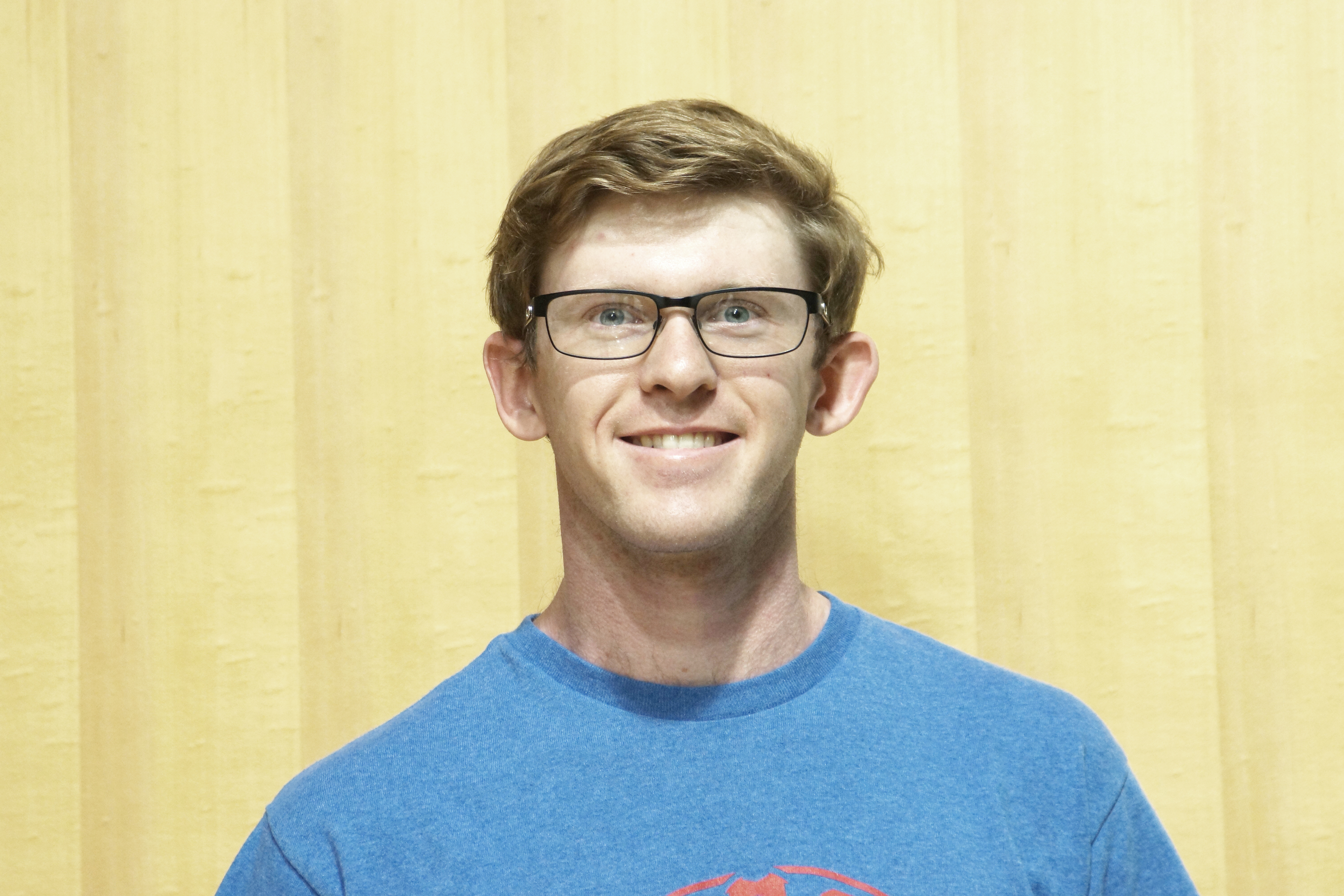Increasing Capacity and Stability of Li-O2 Batteries by use of Super Concentrated Electrolytes and Careful Design of Carbon Nanochains to Control Li2O2 Formation During Discharge by Michael Womble, Graduate Student, Wagner Lab, GW Department of Chemistry

The Department of Chemistry Presents, via Online Zoom Presentation: Michael Womble, Graduate Student, GW Department of Chemistry, Wagner Lab
As the energy demands of our society continue to grow current Li-ion batteries are being pushed to their limits. These limits being low capacities and energy densities of currently used cathode materials such as LiNi0.33Mn0.33Co0.33O2 (170 mAh/g and 629 Wh/kg) and LiFePO4 (165 mAh/g and 558 Wh/kg). Li-O2 battery systems have been identified as a highly desirable battery chemistry due to the high theoretical capacity (1168 mAh/g) and energy density (3500 Wh/kg) of Li2O2. However, Li-O2 batteries currently display large overpotentials and short cycling lifetimes due to the morphology of the Li2O2 obtained upon discharge and degradation of the electrolyte, respectively. Where Li2O2 forms and its morphology is determined by the mass transport of the reactants, Li+ and O2-, in the cell, which in turn is determined by both the structure of the cathode and the electrolyte. By controlling the carbon cathode pore structure and tailoring of the electrolyte it is possible to control the nature of the resulting Li2O2 while simultaneously preventing electrolyte degradation leading to longer cycling lifetimes. Here we report the synthesis of carbon nanochains (CNCs) and control over their pore structure for use as cathodes in Li-O2 cells as well as propose the use of super concentrated electrolytes to help control Li2O2 morphology and improve electrolyte stability leading to longer cycling lifetimes.
Michael Womble was born and raised in Albuquerque, New Mexico. He received his B.S. in chemistry from The University of Tulsa in 2015, where he worked as an undergraduate researcher for Dr. Justin Chalker, as well as interned at Sandia National Labs working for Dr. David Wheeler. He then attended The University of the Texas at Dallas where he received his M.S. in materials science and engineering under the guidance of Dr. Julia Hsu. He then joined the chemistry department at The George Washington University in 2018 and is working towards his PhD under the guidance of Dr. Michael Wagner.
This will be an Online Zoom Seminar. Press the blue button in the upper right corner for the link.

